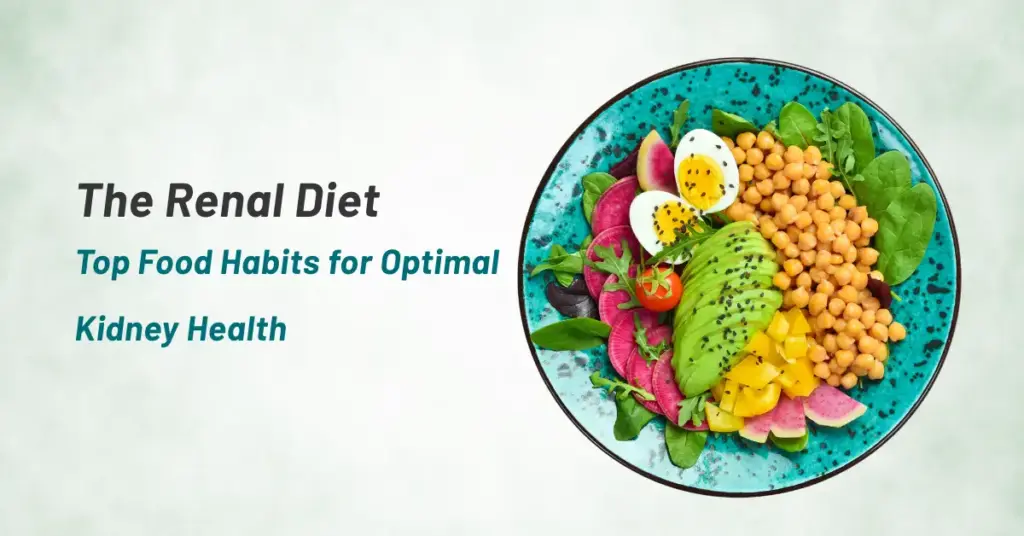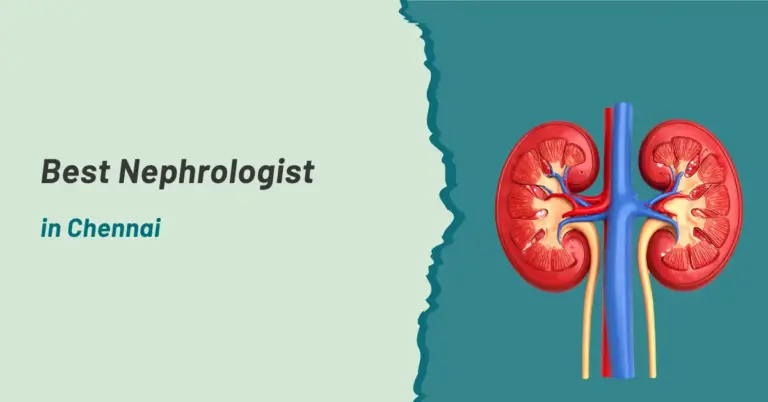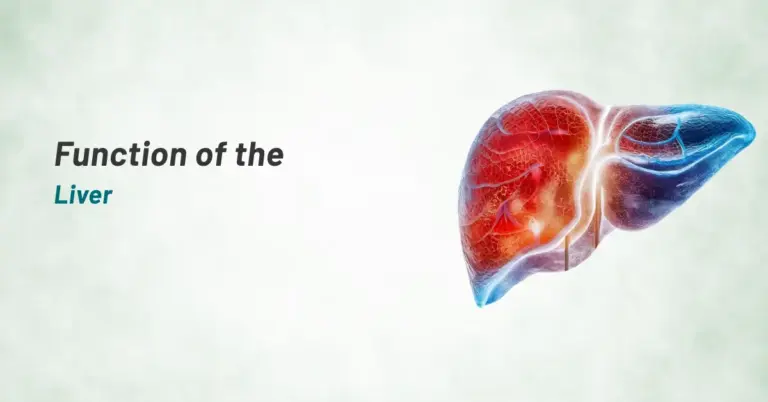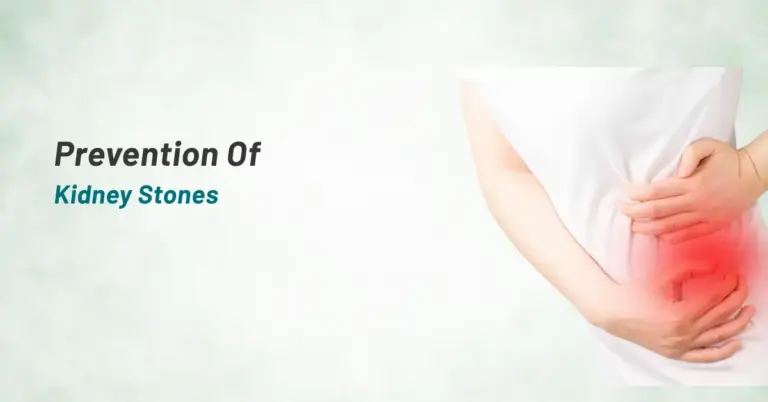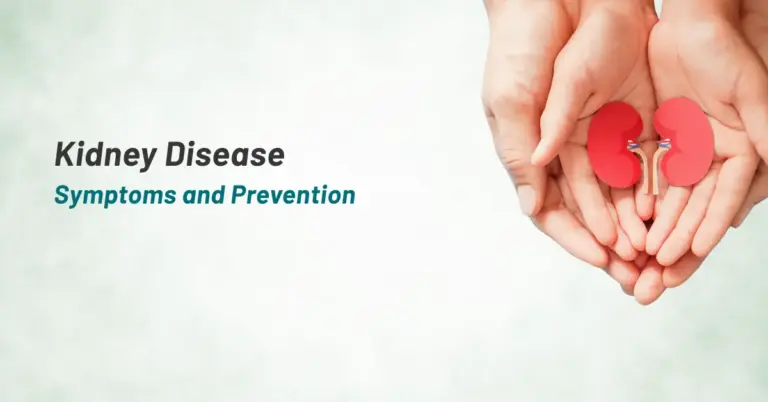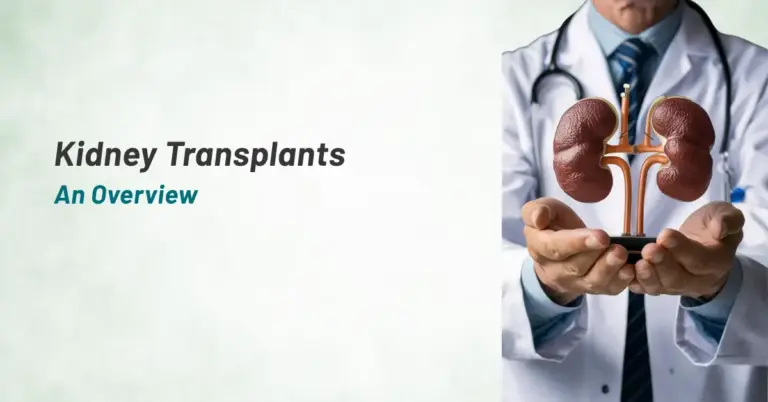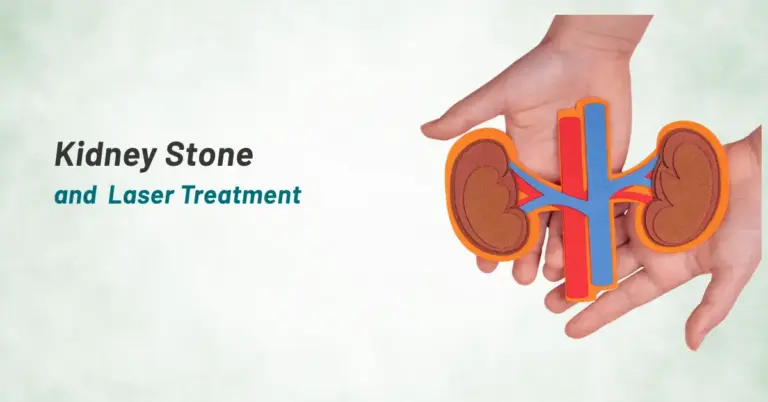The kidneys play a crucial role in filtering waste products and excess fluids from our bodies, maintaining proper electrolyte balance, and regulating blood pressure. However, certain conditions like chronic kidney disease (CKD) can impair their function, leading to the need for dietary modifications. This is where the renal diet comes into play.
Understanding the Importance of Kidney Health – The Renal Diet
The renal diet is a critical component of managing chronic kidney disease (CKD) and supporting optimal kidney health. By adopting healthy food habits, individuals with CKD can effectively manage their nutritional needs and promote kidney function. Here are some top food habits to consider as part of a renal diet:
1. Opt for High-Quality Protein Sources: Protein is essential for the body, but individuals with CKD may need to manage their protein intake to reduce the strain on the kidneys. Choose high-quality protein sources such as lean meats, fish, eggs, and dairy products, as they are typically lower in phosphorus and can help meet the body’s protein needs without overloading the kidneys.
2. Limit Sodium Intake: Sodium can contribute to fluid retention and increase blood pressure, which can further strain the kidneys. Avoid or limit high-sodium foods such as processed foods, fast foods, canned goods, and salty snacks. Opt for fresh, whole foods and use herbs, spices, and low-sodium seasonings to add flavor to meals.
3. Manage Phosphorus and Potassium Intake: Phosphorus and potassium are minerals that need to be monitored in a renal diet, as they can accumulate in the blood in individuals with CKD. Limit intake of phosphorus-rich foods such as processed foods, certain meats, dairy products, and colas. Choose low-potassium fruits and vegetables, and avoid high-potassium foods such as bananas, oranges, potatoes, and tomatoes.
4. Watch Fluid Intake: Fluid intake may need to be limited in individuals with CKD, especially in advanced stages of the disease or if there is fluid retention. Consult with a healthcare provider or registered dietitian to determine the appropriate fluid intake for your individual needs. Be mindful of fluids from both food and beverages and choose water as the primary source of hydration.
5. Focus on Fresh Fruits and Vegetables: Fresh fruits and vegetables are important components of a healthy renal diet. They are generally low in sodium and provide essential vitamins, minerals, and fiber. Choose a variety of colorful fruits and vegetables to ensure a diverse nutrient intake.
6. Control Portions and Watch Calorie Intake: Managing portions and monitoring calorie intake is important for individuals with CKD, especially if weight management is a concern. Work with a registered dietitian to determine appropriate calorie intake based on your individual needs and activity level. Avoid high-calorie, low-nutrient foods such as sugary beverages, sweets, and fried foods.
7. Avoid or Limit Alcohol and Caffeine: Alcohol and caffeine can have negative effects on kidney health and may need to be avoided or limited in a renal diet. Alcohol can increase blood pressure and contribute to dehydration, while caffeine can increase heart rate and blood pressure.
8. Consider Cooking Methods: The way you prepare your food can also impact its nutritional content. Choose healthier cooking methods such as grilling, baking, roasting, or steaming, which can help retain the natural flavors and nutrients of foods without adding excessive sodium, unhealthy fats, or excess calories.
Beyond the Diet: Lifestyle Habits for Promoting Kidney Health
When it comes to maintaining optimal kidney health, it’s not just about following a renal diet. Lifestyle habits play a crucial role in supporting kidney function and overall well-being. Here are some lifestyle habits to consider incorporating into your routine:
Stay Physically Active
Regular physical activity has numerous health benefits, including supporting kidney health. Exercise can help maintain a healthy weight, regulate blood pressure, improve circulation, and promote overall cardiovascular health. Consult with your healthcare provider before starting any new exercise program to ensure it is safe and appropriate for your individual condition.
Quit Smoking
Smoking has detrimental effects on kidney health, as it can damage blood vessels, impair circulation, and increase the risk of kidney disease. If you are a smoker, quitting is one of the best things you can do for your kidney health, as well as your overall health.
Manage Stress
Chronic stress can impact kidney health, as it can lead to increased blood pressure and inflammation. Find healthy ways to manage stress, such as practicing relaxation techniques, getting enough sleep, engaging in hobbies, spending time with loved ones, and seeking professional help if needed.
Take Medications as Prescribed
If you have been prescribed medications for managing kidney disease or other health conditions, it’s crucial to take them as prescribed by your healthcare provider. Medications play a vital role in managing kidney disease and preventing complications, and skipping or altering doses can have negative effects on kidney health.
Stay Hydrated
Proper hydration is essential for kidney health. It helps flush out waste products and toxins from the body, prevents dehydration, and supports optimal kidney function. Be mindful of your fluid intake and consult with your healthcare provider or registered dietitian to determine the appropriate amount of fluids to consume based on your individual needs.
Get Regular Check-ups
Regular check-ups with your healthcare provider are important for monitoring kidney function and overall health. Routine blood tests, urine tests, and blood pressure measurements can help detect any changes in kidney function early and allow for timely interventions to prevent further kidney damage.
Limit Over-the-Counter Medications
Some over-the-counter medications, such as nonsteroidal anti-inflammatory drugs (NSAIDs), can be harmful to the kidneys if used excessively or for prolonged periods.
Promoting kidney health goes beyond following a renal diet. The renal diet is highly individualized, and it is crucial to work with a registered dietitian or doctor to develop a personalized meal plan that meets your specific nutritional needs. Regular monitoring and assessment of your renal diet, as well as any necessary modifications, can help optimize kidney health and overall well-being.

